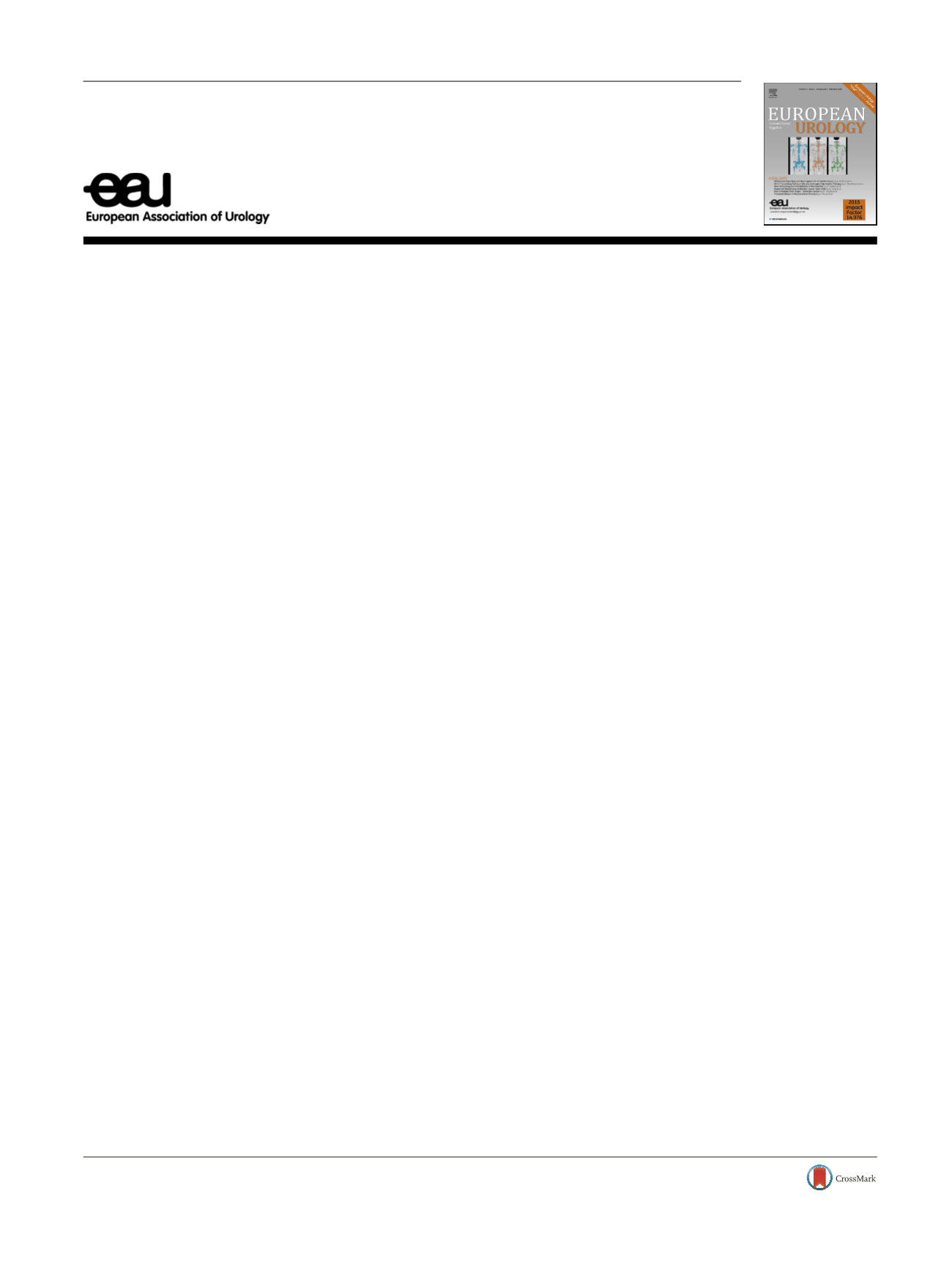

Platinum Priority – Editorial
Referring to the article published on pp. 789–798 of this issue
Maximising Recruitment to Randomised Controlled Trials:
The Role of Qualitative Research to Inform Recruitment
Challenges
Penny Wright
*Leeds Institute of Cancer and Pathology, University of Leeds, Leeds, UK
[1_TD$DIFF]
Spending on clinical research in the UK is considerable,
estimated at £3 billion in 2014, with almost 10% of this
allocated to treatment evaluation such as therapeutic trials
[1]. Researchers carry a responsibility to deliver high quality
studies not only to preserve ethical standards and secure
sound scientific outcomes on which to base clinical
decisions but also to justify the cost of the research.
Randomised controlled trials (RCTs), the gold standard for
evaluating the effectiveness of interventions, are dimin-
ished when recruitment to target is not met. Unfortunately
this is not an uncommon outcome. A recent review (2004–
2016) of RCTs, published in the National Institute for Health
Research Health Technology Assessment Journal, reported
66/151 (44%) studies failing to achieve their recruitment
target
[2].
Failure to reach RCT recruitment target has been
recognised as a problem over many years. In a recent
review the key reasons given for trials being discontinued
due to poor recruitment were: over-estimation of poten-
tially eligible patients, bias regarding effectiveness of
treatment, and concern about the burden of trials on both
patients and recruitment staff
[3]. Reviews of this kind
deliver valuable information but do not provide an in-depth
understanding of what leads to this state of affairs.
Investigations to discover more about these issues have
been undertaken with the aim of developing recommenda-
tions for addressing the short-fall. For example, building on
work in communication skills, the SHORE-C team at the
University of Sussex developed clinician training to aid
discussion of RCTs. The training is based on audio-taped
discussions between doctors and patients in which consent
was being obtained for a RCT, and on a survey of patients
enrolled in a RCT
[4]. The ongoing Studies Within a Trial
(SWAT) initiative, developed by the Northern Ireland
Network for Trials Methodology Research in collaboration
with the Medical Research Council’s Network of Hubs for
Trials Methodology Research in the UK and others,
facilitates development of research into designing and
conducting studies
[5]. The SWAT hub provides a resource
for researchers to register, store, and disseminate their work
and, if appropriate, contribute their findings to meta-
analyses. To date there are 46 SWAT studies registered on
their site.
Another approach to explore barriers to recruitment
from a clinician perspective and to find resolution to these,
is to embed a qualitative investigation within the RCT of
concern
[6]. Qualitative methods (eg, the use of interviews,
focus groups, and observation) are sometimes viewed with
scepticism, not delivering hard scientific outcomes. How-
ever, their importance in providing explanations for why
things do not always work out as planned and in
understanding the complexity of specific circumstances
has been championed by numerous senior academics
working in healthcare research
[7]. In this month’s issue
of
European Urology
, Elliott and colleagues
[8]report a
review of published qualitative research focussing on
recruitment or informed consent in any RCT from the
clinician standpoint. Whilst the review is somewhat broad
in scope it has summarised key factors which make
recruitment so challenging and proposed solutions for
E U R O P E A N U R O L O G Y 7 2 ( 2 0 1 7 ) 7 9 9 – 8 0 0ava ilable at
www.sciencedirect.comjournal homepage:
www.eu ropeanurology.comDOI of original article:
http://dx.doi.org/10.1016/j.eururo.2017.04.036.
* Psychosocial Research Group, Section of Patient Centred Outcome Research, Leeds Institute of Cancer and Pathology (LICAP), Level Three BexleyWing,
St James’s Institute of Oncology, St James’s University Hospital, Leeds LS9 7TF, UK. Tel. +44 (0) 113 20 68488.
E-mail address:
e.p.wright@leeds.ac.uk . http://dx.doi.org/10.1016/j.eururo.2017.06.0290302-2838/
#
2017 European Association of Urology. Published by Elsevier B.V. All rights reserved.
















